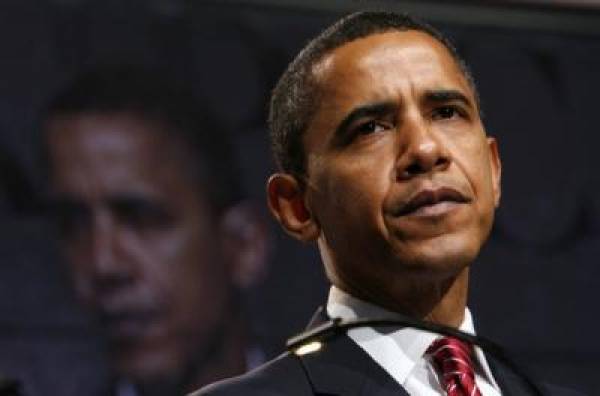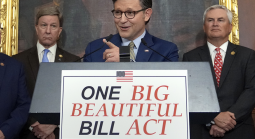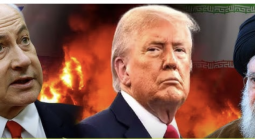Obama to Take Control of the Internet?

CNet News reported on something interesting this past week. A bill was being proposed that would give the White House power to disconnect private sector computers from the Internet. Say what?
Sen. Jay Rockefeller, a West Virginia Democrat, has reportedly been working on drafting the bill behind closed doors.
From CNet.com:
The new version would allow the president to "declare a cybersecurity emergency" relating to "non-governmental" computer networks and do what's necessary to respond to the threat. Other sections of the proposal include a federal certification program for "cybersecurity professionals," and a requirement that certain computer systems and networks in the private sector be managed by people who have been awarded that license.
"I think the redraft, while improved, remains troubling due to its vagueness," said Larry Clinton, president of the Internet Security Alliance, which counts representatives of Verizon, Verisign, Nortel, and Carnegie Mellon University on its board. "It is unclear what authority Sen. Rockefeller thinks is necessary over the private sector. Unless this is clarified, we cannot properly analyze, let alone support the bill."
When Rockefeller, the chairman of the Senate Commerce committee, and Olympia Snowe (R-Maine) introduced the original bill in April, they claimed it was vital to protect national cybersecurity. "We must protect our critical infrastructure at all costs--from our water to our electricity, to banking, traffic lights and electronic health records," Rockefeller said.
The privacy implications of sweeping changes implemented before the legal review is finished worry Lee Tien, a senior staff attorney with the Electronic Frontier Foundation in San Francisco. "As soon as you're saying that the federal government is going to be exercising this kind of power over private networks, it's going to be a really big issue," he says.
But here is where it gets really scary.
Section 201 contains this language:
The president would be able to "direct the national response to the cyber threat" if necessary for "the national defense and security." The White House is supposed to engage in "periodic mapping" of private networks deemed to be critical, and those companies "shall share" requested information with the federal government. ("Cyber" is defined as anything having to do with the Internet, telecommunications, computers, or computer networks.)
"The language has changed but it doesn't contain any real additional limits," EFF's Tien says. "It simply switches the more direct and obvious language they had originally to the more ambiguous (version)...The designation of what is a critical infrastructure system or network as far as I can tell has no specific process. There's no provision for any administrative process or review. That's where the problems seem to start. And then you have the amorphous powers that go along with it."
Jagajeet Chiba, Gambling911.com













